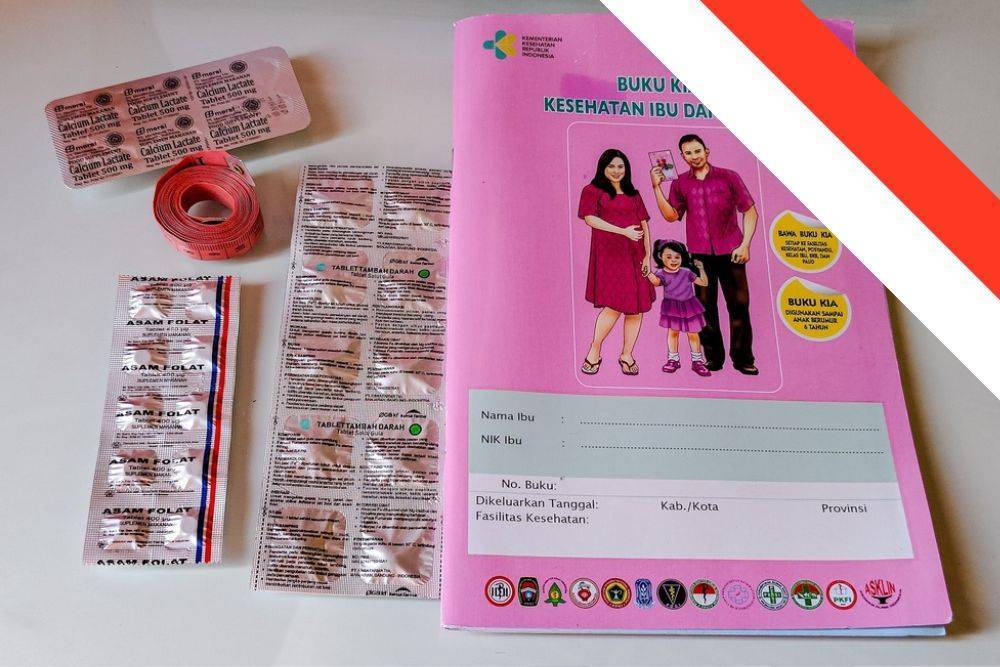The Indonesian government recently passed Government Regulation No. 28 of 2024 regarding conditional abortion. This regulation stipulates that health facilities that can perform abortions must be approved by the government, with priority given to government hospitals, but reputable private hospitals are also considered.
The Ministry of Health’s Director General of Health Services, Dr Azhar Jaya, explained that facilities that can perform abortions will be regulated by a Minister of Health Regulation (Permenkes). Abortion will only be permitted for victims of rape or sexual violence and mothers with emergency medical conditions. Additionally, strict requirements, including gestational age, must be met before the procedure is performed.
Chronology and Provisions of the Regulation
This new provision has caused confusion because there are different gestational ages for abortion. Article 1154 on Transitional Provisions states that the applicable regulations refer to Government Regulation No. 61/2014 on Reproductive Health, which sets the gestational age limit at 40 days. However, the New Health Law No. 1 of 2023 sets the age limit at 14 weeks. It is believed that the new law will use 14 weeks, but it is still unclear at this point.
Dr Azhar revealed that abortion services should be available throughout Indonesia, not just in Jakarta, and the government will determine facilities in different regions.
IDI Response and Criticism
The Indonesian Medical Association (Ikatan Dokter Indonesia – IDI) gave a critical reaction to this regulation. They emphasised that the regulation should consider the reproductive rights of women as well as the rights of children and families. IDI criticised the regulation for not fully meeting the needs of all parties and suggested that the regulation should be more inclusive and fair.
Health Aspects
Abortion is a medical procedure that requires careful health considerations. Abortion can be performed through medical or surgical methods, each with its own advantages and risks.
Medical Abortion: This method involves the use of drugs to terminate the pregnancy. In the first trimester, medical abortion often uses a combination of mifepristone and misoprostol. Mifepristone blocks the hormone progesterone, which is essential for maintaining pregnancy, while misoprostol causes uterine contractions and expulsion of the foetus. The effectiveness of this method is about 95-98% at less than 9 weeks of pregnancy. However, this method requires close monitoring to address risks such as heavy bleeding, infection, and drug failure which may require additional surgical intervention.
Surgical Abortion: This method involves a medical procedure to remove the foetus from the uterus. Common techniques include vacuum curettage (aspiration) and dilation and curettage (D&C). Vacuum curettage involves using a suction device to remove the foetal tissue from the uterus, while D&C involves scraping the uterine wall. These methods are generally performed in the first trimester to early second trimester and require local or general anaesthesia. Risks associated with surgical abortion include infection, uterine perforation, and complications from anaesthesia.
Training and Certification of Medical Personnel
Specialised training and certification for medical personnel performing abortions is essential to ensure the procedure is performed safely and effectively. Doctors must understand the proper techniques to reduce the risk of complications and manage side effects. Training includes:
Technical Knowledge: Doctors must master the correct abortion technique, including proper use of medical tools and post-procedure monitoring.
Complication Management: Training should include the management of possible complications, such as heavy bleeding, infection, and reactions to anaesthesia.
Ethical and Psychological Aspects: Medical personnel also need to understand the ethical aspects of abortion. They should provide appropriate psychological support for patients, including mental and emotional assessments before and after the procedure.
Psychological Support
Abortion can have a significant impact on a patient’s mental and emotional health. Research shows that some women may experience stress, anxiety, or depression after an abortion. Therefore, psychological support is an important part of treatment:
Pre-Abortion Counselling: Counselling before the procedure helps patients understand their choices and the impact of the decision.
Post-Abortion Counselling: Post-abortion support can help patients cope with post-procedure feelings, monitor their mental health, and provide access to further support if needed.
Oversight and Regulation
Strict oversight is required to ensure that abortion practices comply with the law and medical standards. Regulations include:
Audits and Inspections: Regular inspections of healthcare facilities to ensure compliance with standards and procedures.
Law Enforcement: Strict enforcement of laws to prevent illegal abortion practices and ensure that all procedures are performed safely and in compliance.
The new conditional abortion regulations aim to balance women’s reproductive rights with medical and ethical considerations. These regulatory adjustments are expected to improve the fairness and effectiveness of abortion practices. The implementation of strict medical standards, adequate training for medical personnel, and adequate psychological support are essential to ensure the health and well-being of patients, as well as to ensure that abortion practices are carried out safely and in accordance with applicable regulations.

